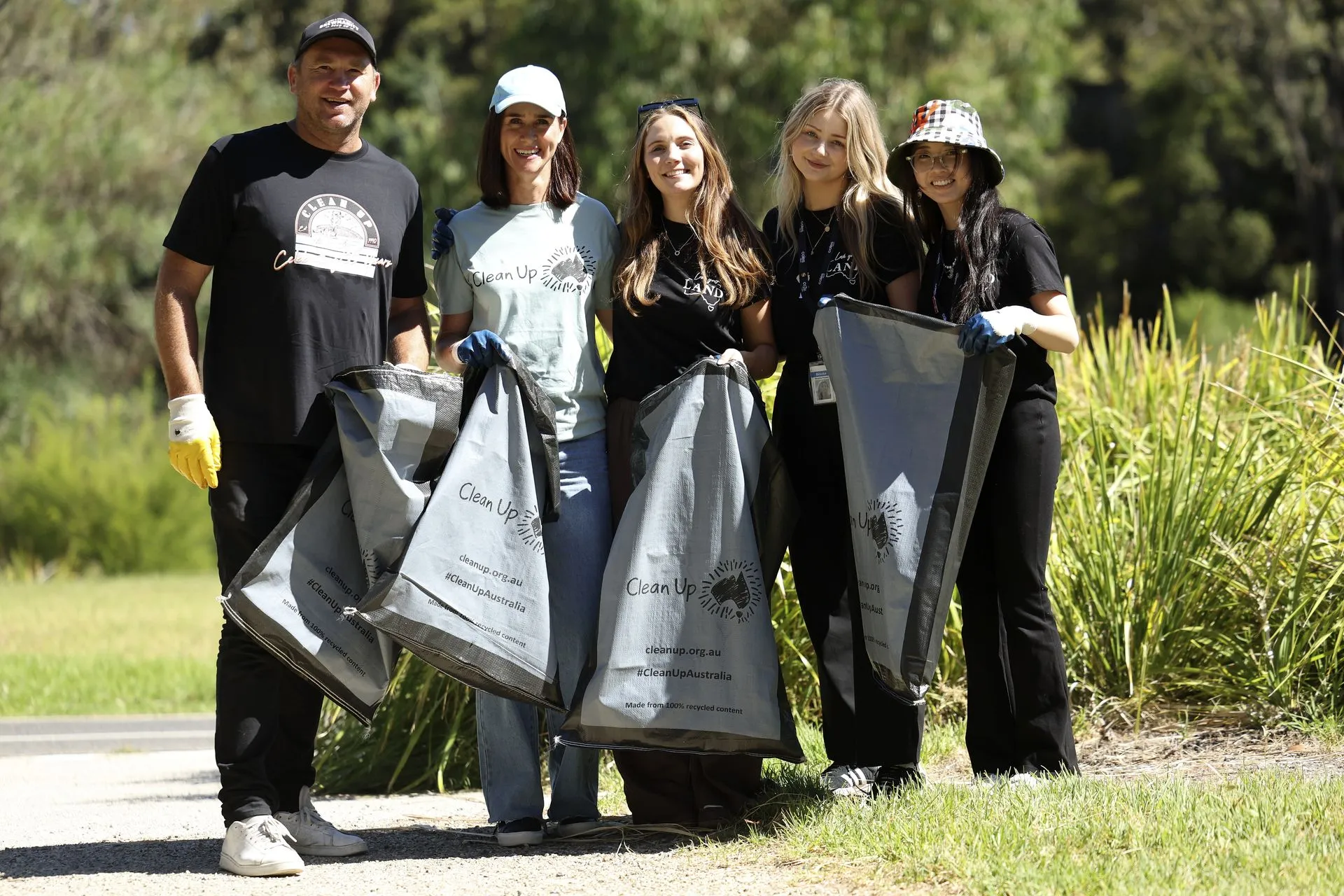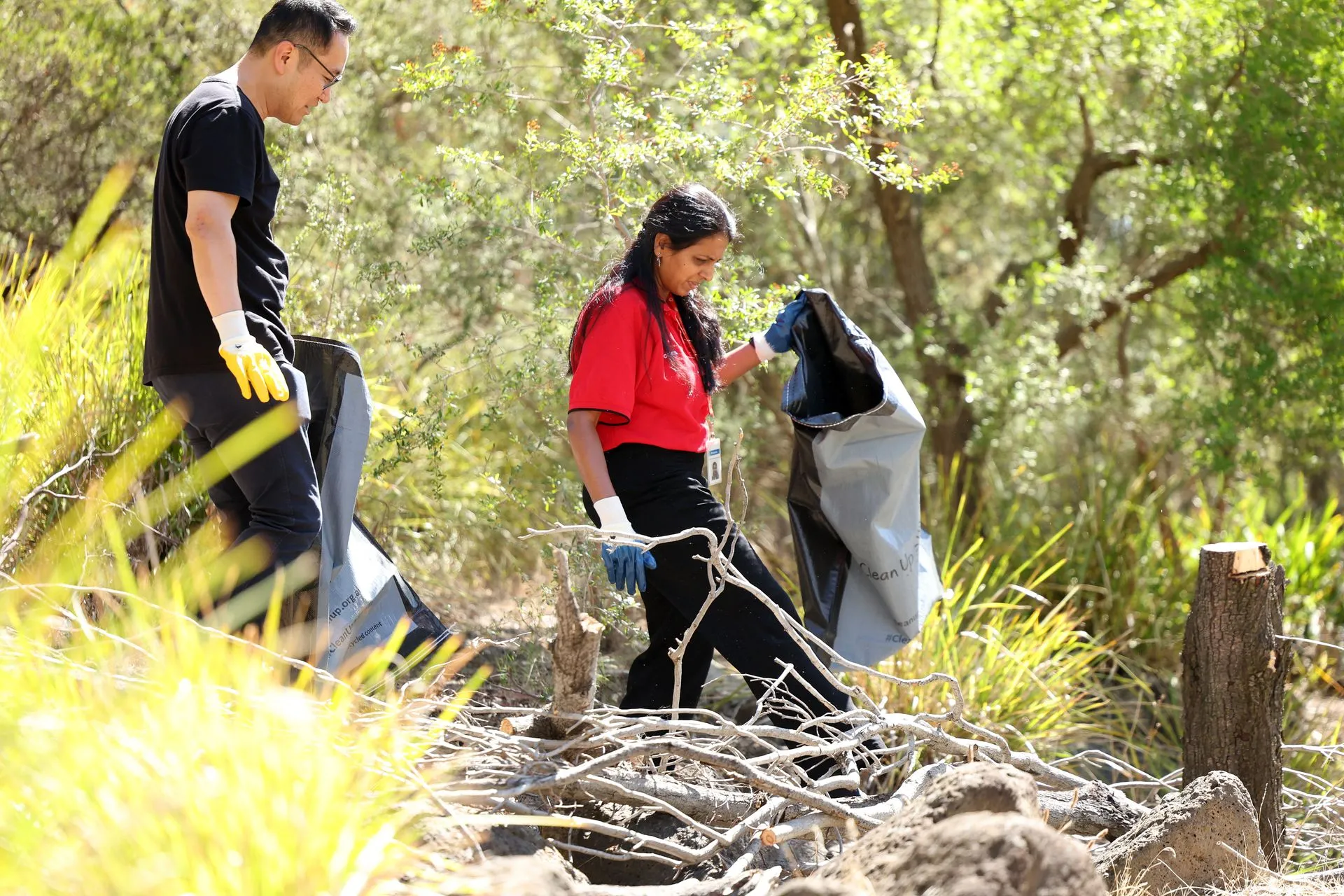Coles is proud to be a Gold Partner of Clean Up Australia. Since 2018, Coles has raised more than $1 million to support Clean Up Australia in its mission to inspire and mobilise communities, to improve and conserve our environment, eliminate litter and end waste.
Coles’ partnership with Clean Up Australia began when single use plastic bags were removed from its supermarkets in mid-2018.
Clean Up Australia was named as one of the community organisations to benefit from the sales of reusable bags designed by Aussie kids, with Coles donating 30 cents of every bag sold to help with Clean Up efforts across Australia.



